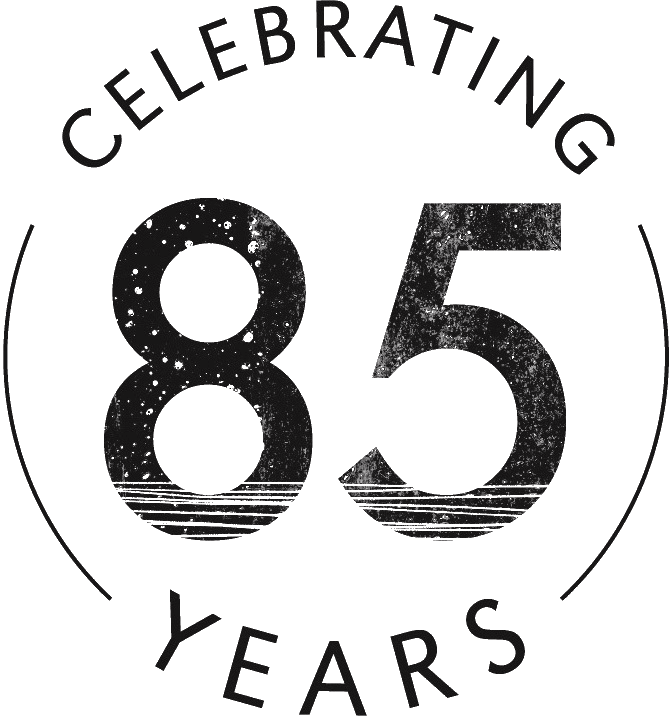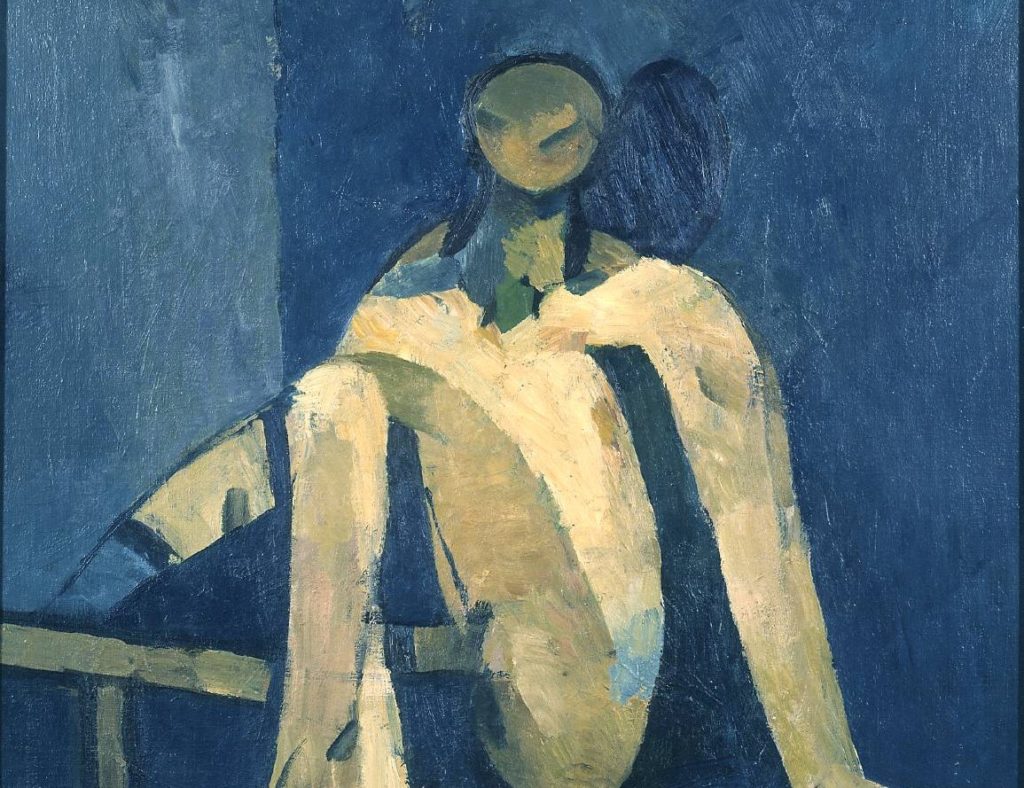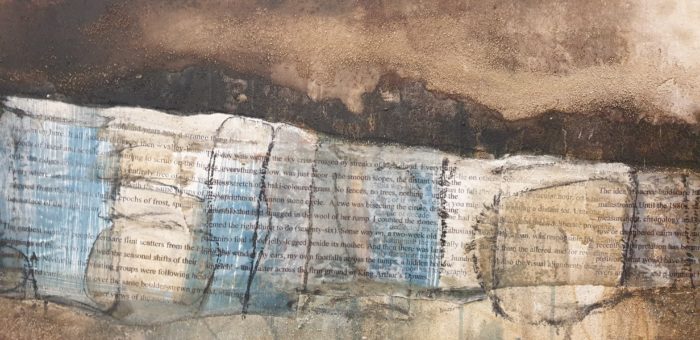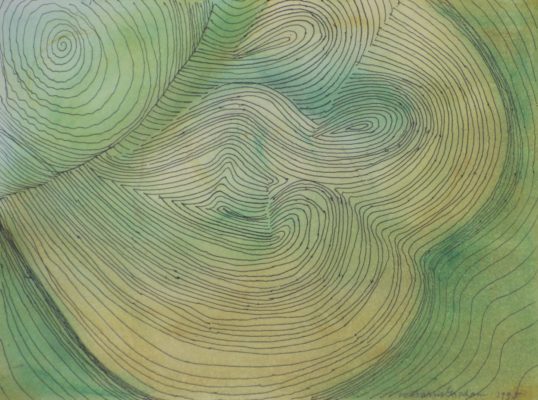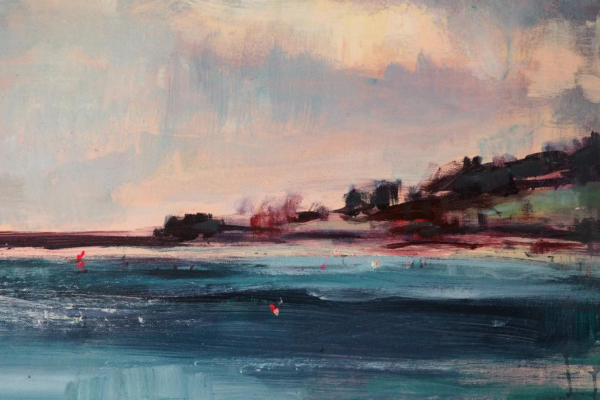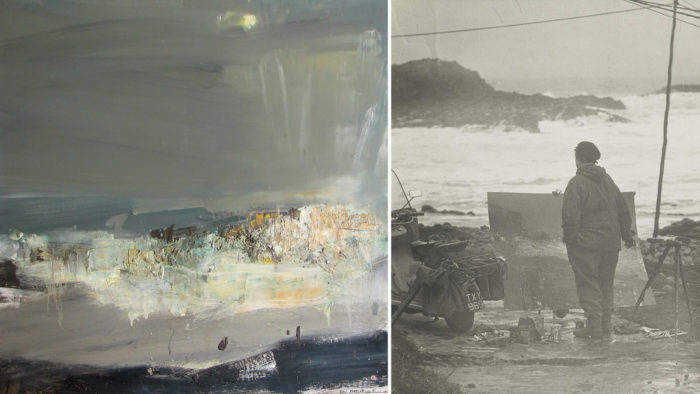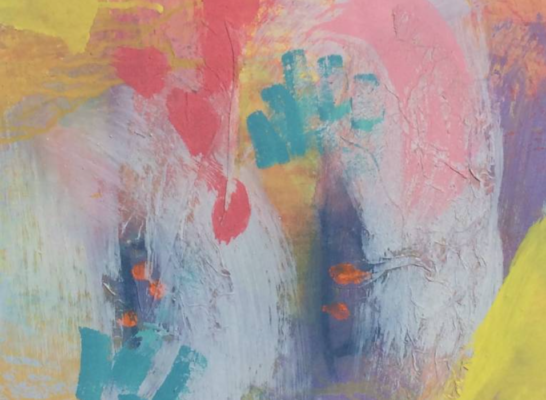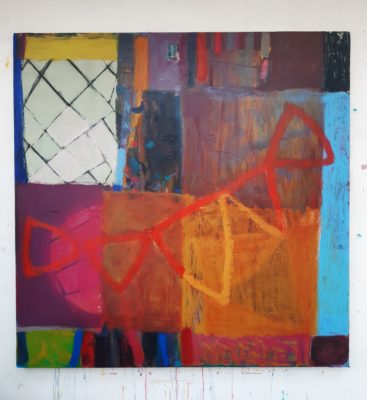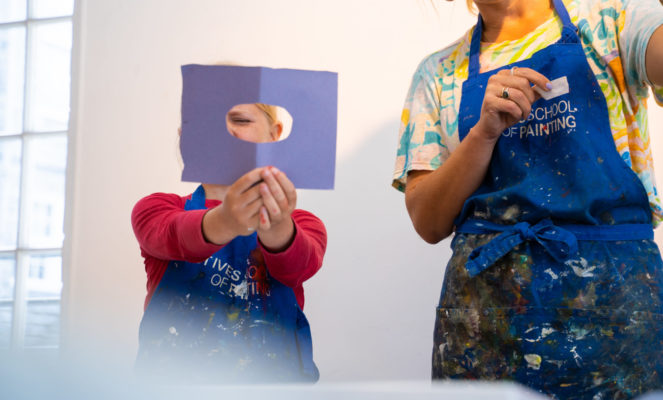Course details
Join us for this fun and accessible approach to capturing the nude figure. Explore abstraction and experiment in a variety of mediums.
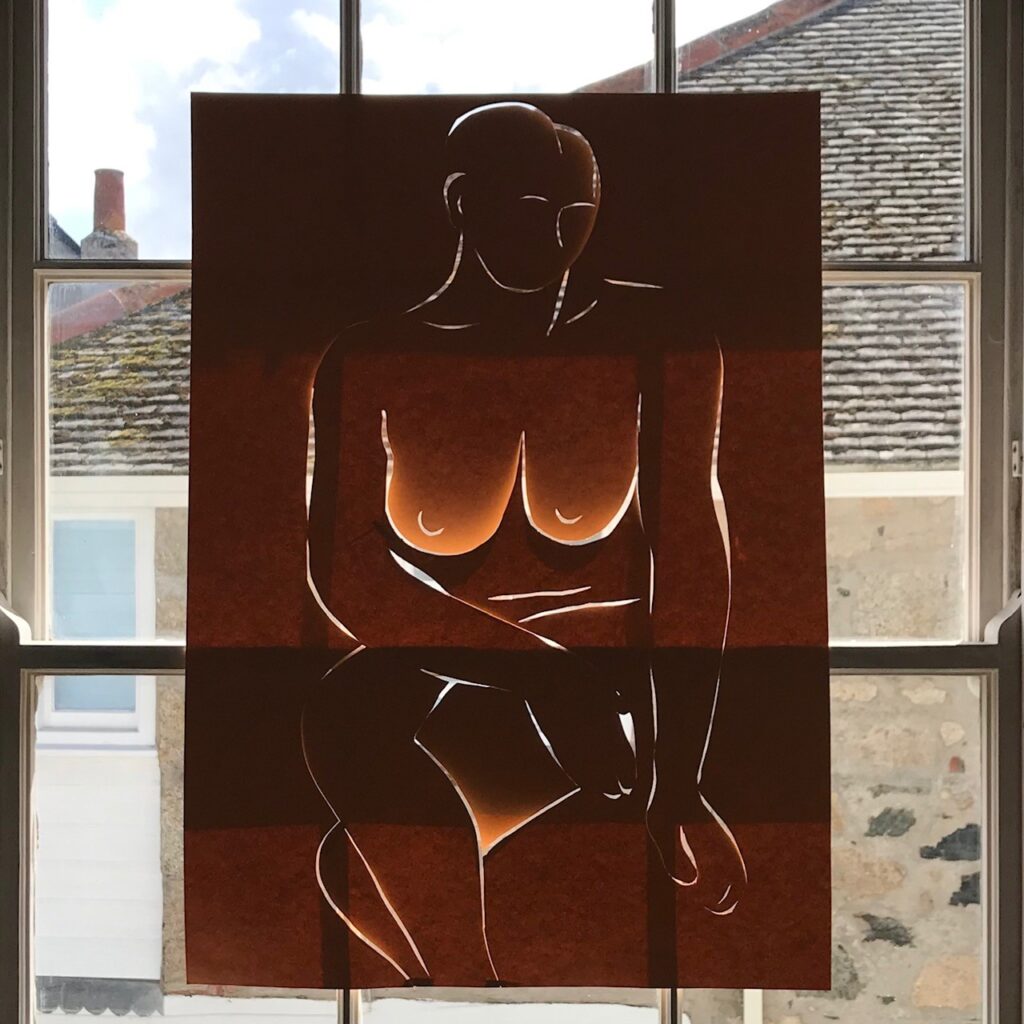
Over three days, explore alternative ways of depicting the nude figure through fun and experimental approaches, working from a life model in the studio. This course focuses on freeing up your process rather than aiming for one ‘correct’ outcome. See how using different mediums such as paint, collage and 3D work can loosen your approach and offer new ways-in to this traditional subject matter.
This dynamic course turns the traditional practice of life-drawing upside-down, through exploring different ways of observing, mark-making, mixing media, and playing with dimensions.
Each day will be spent experimenting with a specific approach, and a new model, within a structured framework, to enable each student to build confidence in both observation and expression, according to their own level of experience.
No previous experience is necessary, complete beginners and practising artists are welcome.
Camilla will introduce you to artists such as Henri Matisse, Naum Gabo and Keith Vaughan and the ways in which they described the figure through different mediums. Camilla will guide you through experiments in observation and mark-making to investigate ways of expressing form, edge, mass, balance and movement.
See how far you can push figuration towards abstraction and let loose of any pre-conceptions of how the figure should look. Using collage and 3D techniques, investigate how the ‘nude’ can be the basis for one, or a series of, abstract works. This is designed to be a fun, experimental course aimed at any level of experience. Intended to increase your confidence as well as demonstrate that the ‘nude’ needn’t be a restrictive or difficult genre!
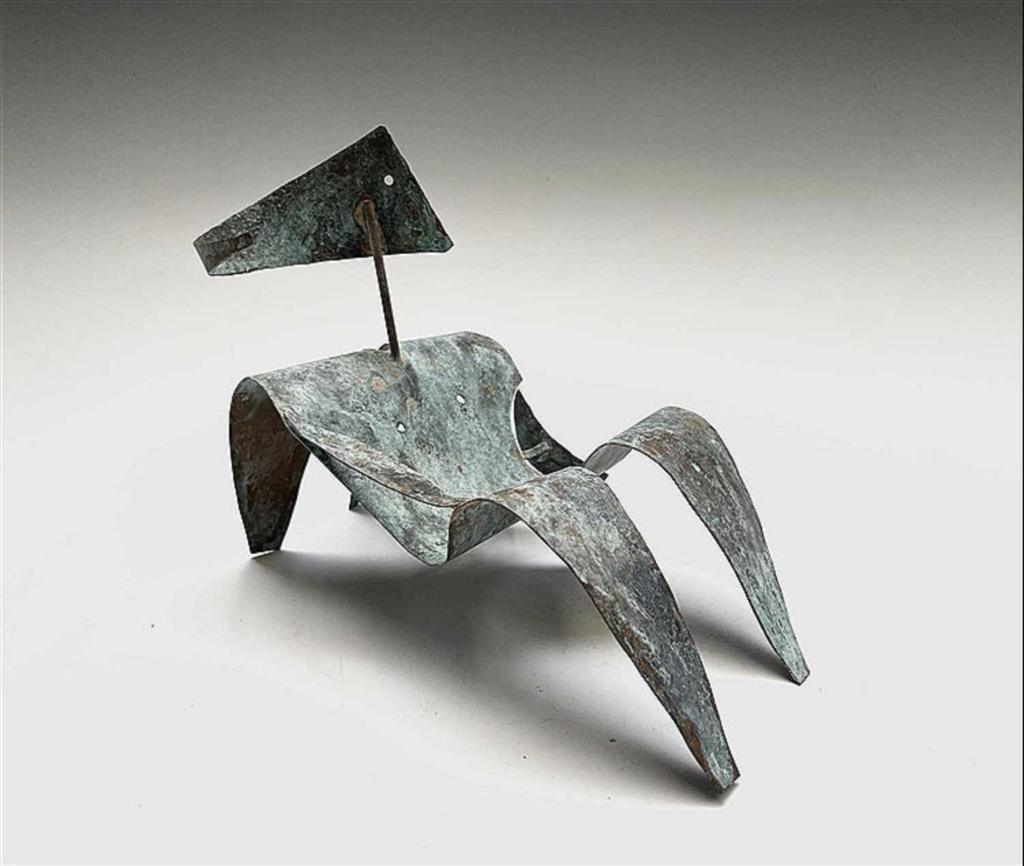
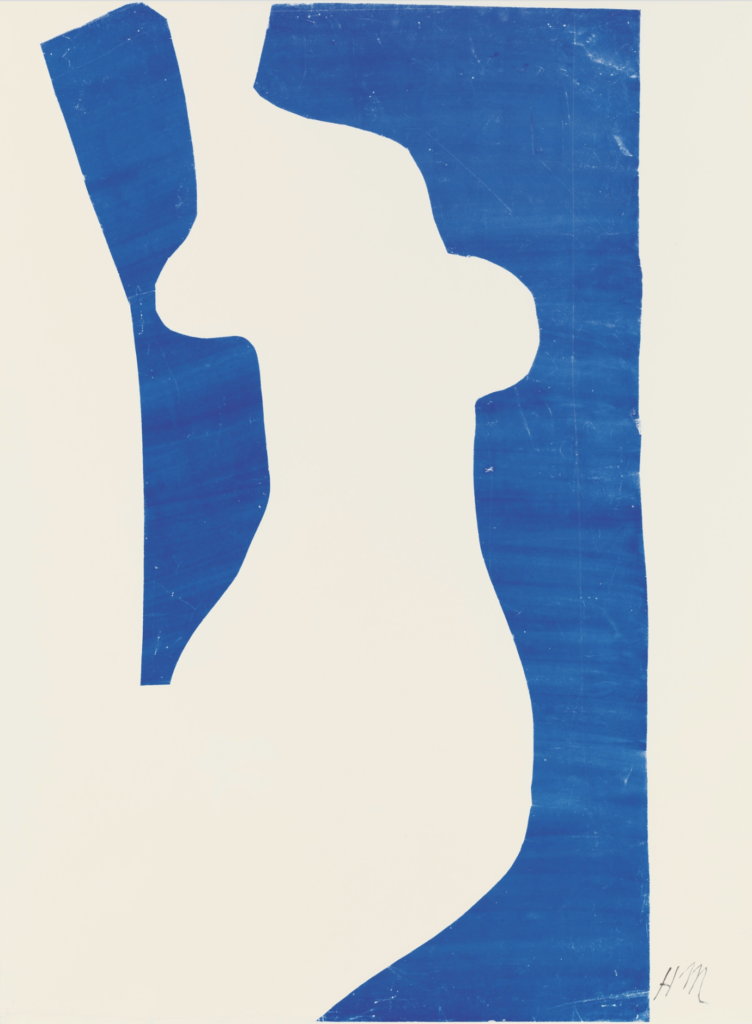
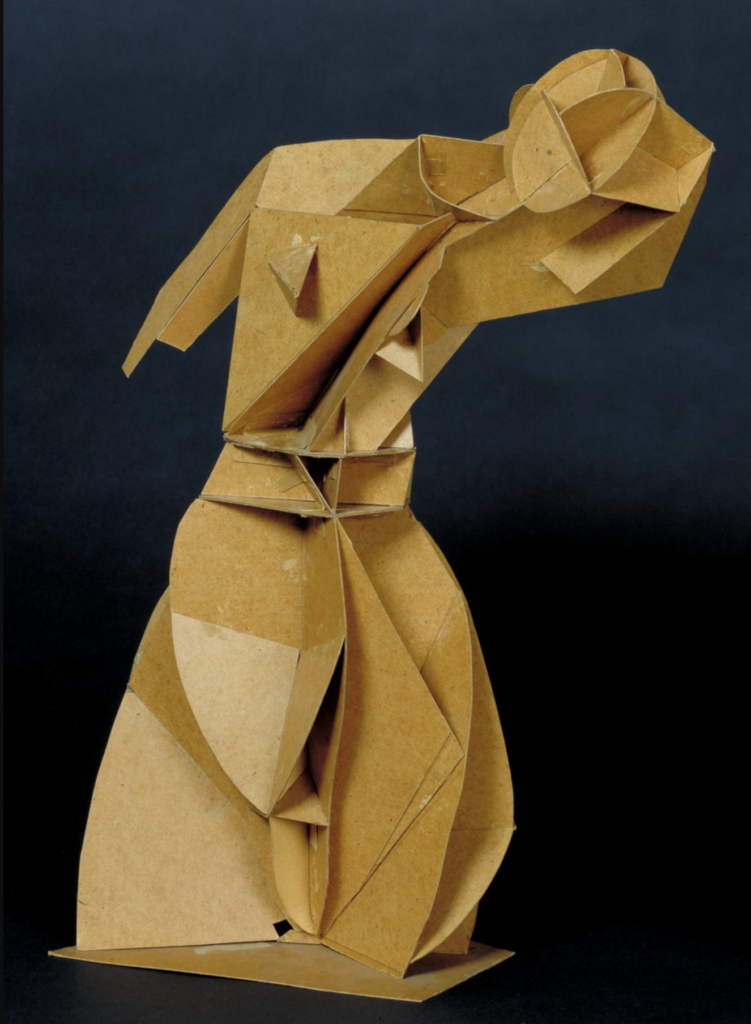
Day to day plan
This is a rough indication of what to expect over the course. However sometimes the structure of the days may alter depending on the nature of the group and weather.
Day 1
Drawing and painting the male model: We will explore a variety of abstract ways to look afresh at the subject, to interpret what we see and make bold decisive graphic marks, worry less about the outcome and engage more closely with the model, in a range of wet and dry media.
Day 2
Collage and mixed-media relief with the female model: Scissors, coloured papers and random materials will help us to simplify, emphasise and express whatever visual possibilities the subject matter may suggest, building on the methods of observation and ideas for abstraction from the previous day, within a new context.
Day 3
3-D building directly from a second female model: We will aim to spend the last day working 3-dimensionally, directly from the model, in card and other materials.
Learn how other artists have captured the nude in a more abstract way. This may generate new ideas and approaches and help to develop your paintings and collages into 3D works. Continue experimenting in 2 or 3D as preferred.
What will I learn?
- Learn how to approach capturing the nude from new and exciting perspectives.
- See how various artists have found new ways-in to depicting the nude.
- Explore a variety of unconventional materials, giving you a bolder approach to creativity.
- An understanding of the principles of making abstract art and the process of abstraction.
- An understanding of the possibilities of multi-dimensional working.
Who would this course suit?
This course is open to people of all experience levels that want to make abstraction less abstract! It is an ideal place to nurture your creativity and understand the process from pieces that describe to pieces that evoke.
Taught by
What to Bring
Our studios are fully equipped and we provide you with all the materials you need for your course. However, if you have a favourite set of brushes or any specialist materials that you would prefer to use, please bring them with you.
Timings and Breaks
The first day starts at 10am and finishes at 4.30pm, please aim to arrive ten to fifteen minutes before the start time.
All course days after that start at 9.30am and finish at 4pm and there will be an hour for lunch. There are plenty of nearby places to eat and we will serve tea and coffee at break times during the day.
FAQs
Studio Courses
How can I get help in choosing a course?
Our friendly expert staff are always happy to discuss your needs and our courses in more detail to help you with your decision. Please call us on 01736 797180
How do I get my work home?
Tutors have special techniques for transporting oil paintings and the school has plastic folders available in our shop for £3.50 or do bring a portfolio.
For international students we are happy to arrange transportation of your work back home.
What do I need to bring?
Absolutely nothing! All materials and aprons are provided although some people do like to bring their own set of brushes.
What do I do for lunch?
Courses allow an hour’s break for lunch and there are numerous places nearby or you are welcome to bring a packed lunch into the studio.
What times do courses run?
Most of our courses start at 10am and end at 4.30pm on the first day. Subsequent days we start at 9.30am ending at 4pm.
Weekend Courses run 10am – 4pm on the first day but the final day starts at 9.30 and ends at 3.30 with a short lunch break to enable people to get home that evening.
Do you have to be experienced to come to the School?
The School is a very friendly and welcoming place for all ages and experience. Our drop-in life classes and August half-day workshops are ideal for those wanting to have a go for the first time. Most of our longer courses are also fine for novices.
If any of the courses do need a bit of experience we flag this up in the brochure and on the website.
Booking a Course
How can I reserve a place?
We will hold a provisional reservation for 24 hours if you give us a call whilst you find accommodation. Otherwise please book online or by telephone 01736 797180.
You can reserve a place with a £100 deposit; balance is due 12 weeks before course start date.
About St Ives
Where do I park?
The nearest long stay public car parks are the Island and Barnoon Long Stay Car Park, both a 5 minute walk away. In the peak summer months it may be easier to park at Trenwith Car Park by the leisure centre and walk down into town. If you don’t fancy the walk up the hill at the end of the day there is a shuttle bus which runs from outside the cinema.
How do I get there?
Public Transport: If you are coming from further afield the main train line runs into St Erth which is a 15 min taxi ride away or you can take the St Ives Bay Line which runs approx. every 30 minutes. The School is a 10 minute walk from St Ives station.
Driving: M5 will take you to Exeter where we recommend that you take the A30 across Bodmin Moor and into Cornwall. After passing Hayle, leave the A30 at St Erth roundabout for St Ives. Turn right at the second roundabout. This road will take you through Lelant and Carbis Bay into St Ives.
Where can I stay?
St Ives has a huge selection of hotels, guest houses and self catering accommodation to choose from. Please browse the art holidays St Ives section on our website and give us a call if you would like any help.
